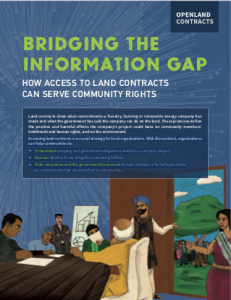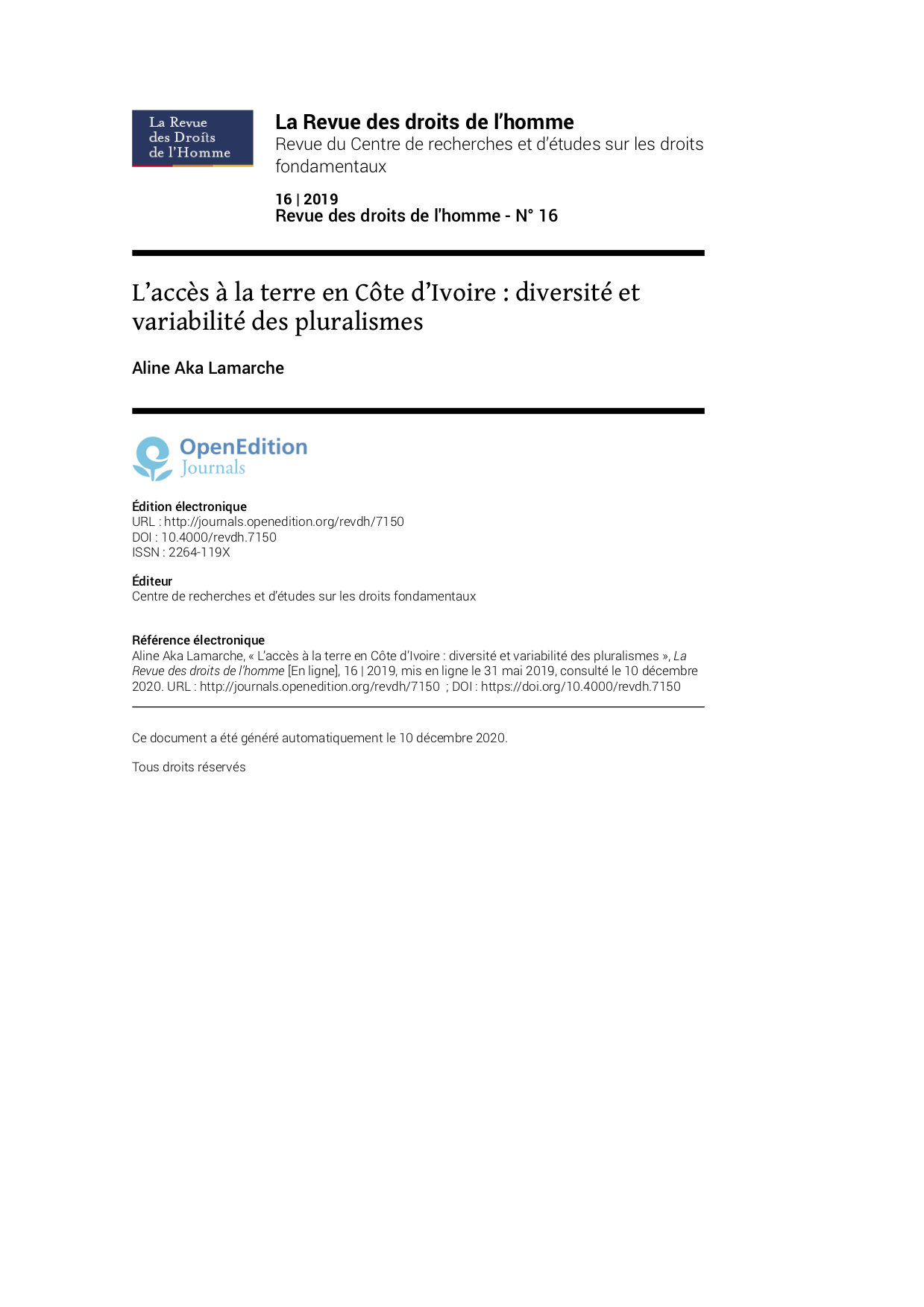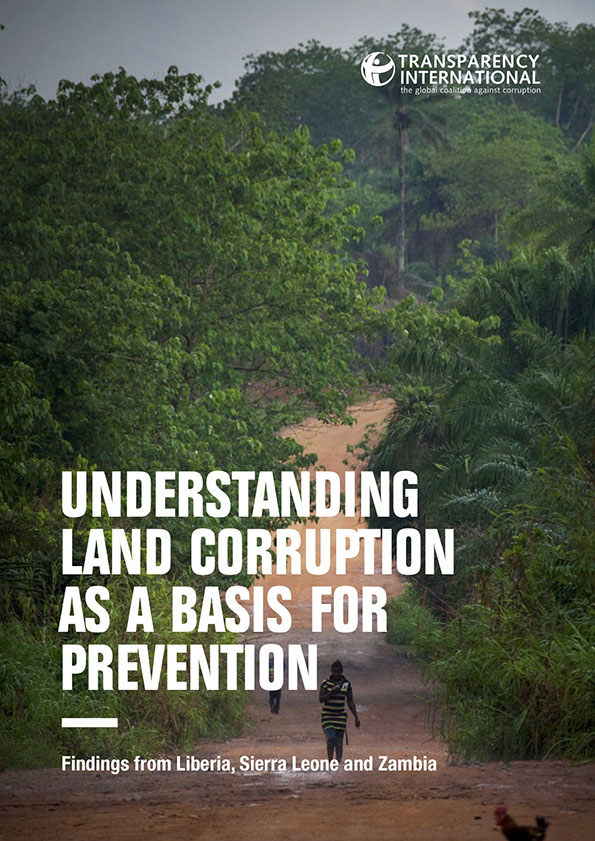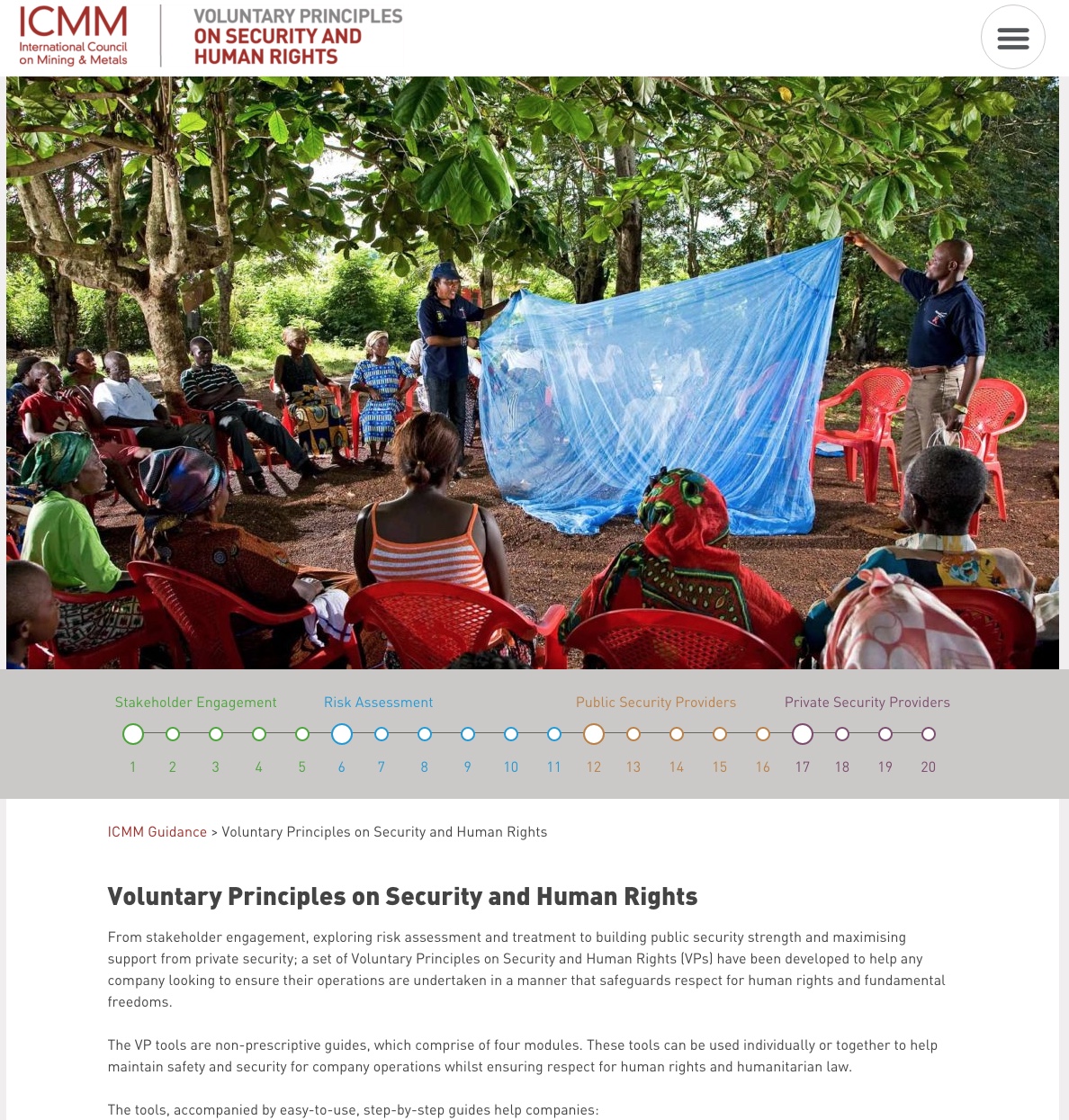Briefing for Grassroots Organizations – Bridging the Information Gap: How Access to Land Contracts Can Serve Community Rights
This note provides guidance for civil society actors and communities on how to access and how to use the information contained in contracts with companies to be able to:
• Understand company and government obligations related to a company project;
• Monitor whether those obligations are being fulfilled;
• Hold companies and the government to account for bad contracts or for failing to deliver on commitments that are important to communities.








